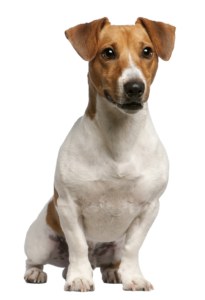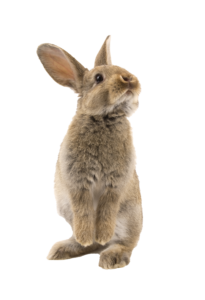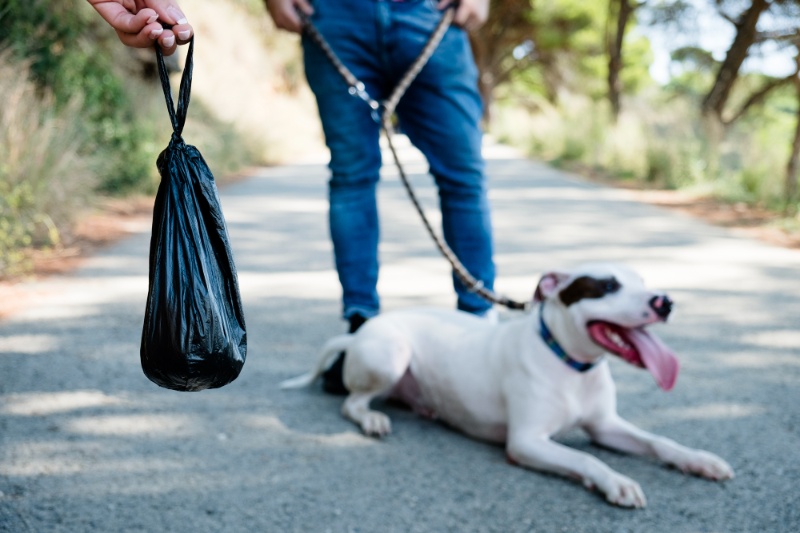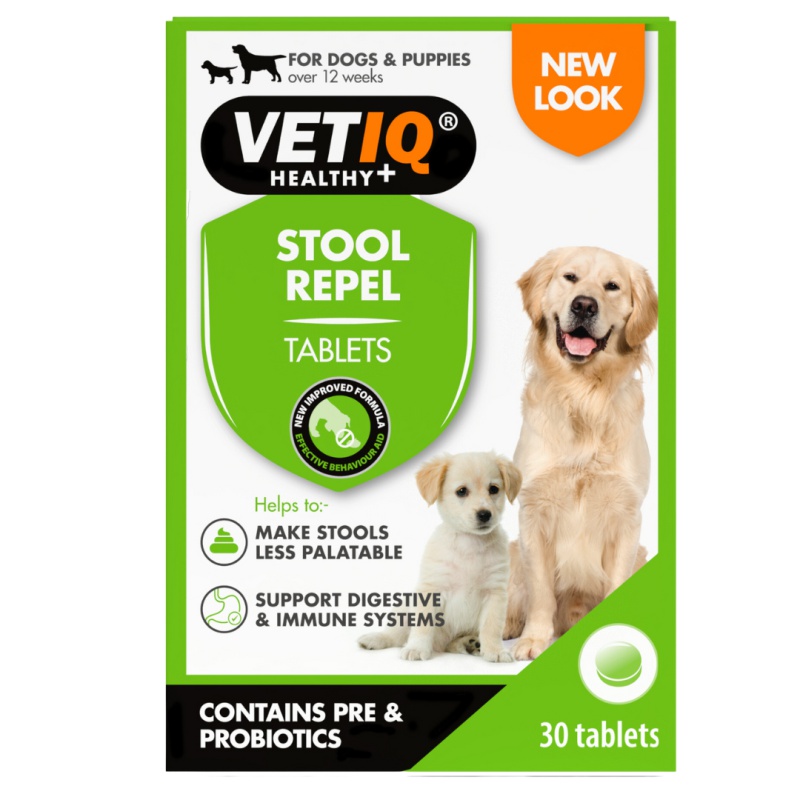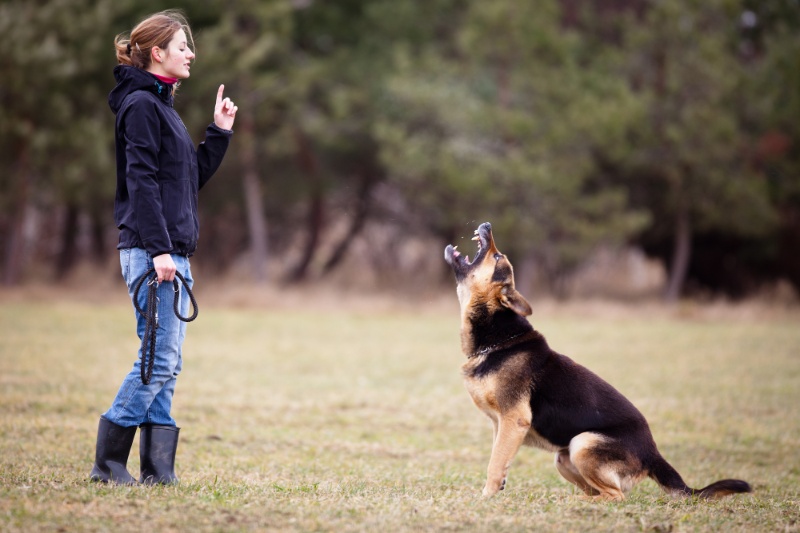Dogs engage in many behaviours that seem inexplicable to us humans, and the act of eating poop is certainly one of the most perplexing. Your initial reaction might be one of strong disgust, but it’s crucial to transition from that initial shock to a state of understanding. This is, after all, a fairly typical behaviour in canines (yes, it’s true), and we’re here to clarify why they do it. After we’ve explored the underlying causes of this odd habit, we’ll guide you through five effective strategies to stop your dog eating poop, helping your beloved pet leave this distasteful habit behind.
Why dogs eat poop
There’s an official term in canine psychology for the act of eating poop: coprophagia. Although it seems repulsive to us, there are multiple reasons why dogs partake in this activity:
- Innate Natural Instincts: From an evolutionary standpoint, dogs might be predisposed to consume faeces because it could introduce beneficial microflora into their digestive system. This behaviour is not just a relic of the past; even in modern times, domestic mother dogs often consume their puppies’ faeces to maintain cleanliness in their living space.
- Nutritional Deficiencies: a deficiency in essential nutrients can drive a dog to seek out faeces as a dietary supplement. A notable deficiency could be in vitamin B. Incorporating fresh, nutrient-rich food into your dog’s diet could address this issue.
- Boredom and Attention-Seeking: Dogs require mental stimulation, and in its absence, they may resort to behaviours that are sure to elicit a response from their owners. Eating poop falls into this category, as it is almost guaranteed to capture the owner’s attention.
With these insights into why dogs might engage in coprophagia, we are better equipped to explore five targeted strategies to help deter your dog from continuing this behaviour.
How To Stop Your Dog Eating Poop
1: Enhance their diet
Maintaining a balanced diet is crucial for the overall well-being of a dog, ensuring both mental and physical health are optimally supported. Similar to humans, dogs require an appropriate mix of essential components in their diet to ensure their optimal health and vitality. This includes a precise balance of vitamins and nutrients, along with the right proportions of fat and protein to keep them energetic and in good health.
Specifically, fibre plays a key role in promoting a robust digestive system, aiding in digestion and helping to prevent various gastrointestinal issues. Ensuring your dog’s diet is rich in these essential elements is fundamental to their long-term health and happiness.
2: Keep things clean
To prevent your pup from accessing their poop, it’s essential to adopt a vigilant and proactive approach. This includes promptly cleaning up after your dog as soon as they defecate. Being quick and consistent in removing their waste can significantly reduce their opportunity to engage with it.
Additionally, you might consider using a specialised dog litter box, which can provide a designated area for your dog to relieve themselves. This not only helps in managing waste effectively but also aids in training your dog to use a specific spot for elimination. By implementing these measures, you can effectively minimise your dog’s chances of coming into contact with their faeces, thereby helping to curb the habit of coprophagia.
3: Use training and commands
When you notice your dog nearing the stool, promptly call them to you and provide a diversion. Enhance your recall command by coupling it with an enticing reward, such as a favourite treat or a beloved toy. This strategy can effectively shift their attention away from faeces. The aim is to make the act of responding to your call more appealing than their interest in the stool.
Simultaneously, it’s beneficial to train your dog to respond to the “leave it” command. Mastering this command gives you the ability to swiftly redirect their focus in various situations, including when they show interest in faeces, without having to resort to reprimanding them. It’s important to remember to refrain from scolding your dog for showing interest in dog faeces. Negative reinforcement could potentially backfire, inadvertently reinforcing their unwanted behaviour rather than discouraging it. By focusing on positive redirection and training techniques, you can more effectively guide your dog away from undesirable habits like coprophagia.
4: Increase their mental and physical stimulation
Ensure that your pup receives sufficient exercise that stimulates both their mind and body. Physical activities like walks and runs are essential, but it’s also important to engage them in activities that challenge their problem-solving skills and utilise their keen sense of smell. Encouraging natural canine behaviours, such as scavenging and digging, is equally important for their overall well-being.
5: Seek advice from a vet
It’s a good idea to schedule a consultation with your dog’s veterinarian to address their coprophagia issue if it persists. The vet can provide a thorough assessment and may suggest referring you to an animal behaviourist. These professionals specialise in dog psychology and are well-equipped to delve into the root causes of your dog’s problematic behaviour.
An animal behaviourist can offer tailored strategies and interventions, specifically designed to understand and modify your dog’s coprophagia habit. Their expertise in canine behaviour can be invaluable in identifying and addressing the underlying factors contributing to your dog’s undesirable behaviour.
Stop your dog eating poop with Stool Repel from VETIQ
Help your furry friend break their unappealing habit of eating poop with VETIQ Stool Repel, a solution that’s both safe and effective. Crafted with natural ingredients, it gently makes your dog’s stool less tempting, thereby deterring this unsavoury behaviour. Plus, it’s perfectly safe for young puppies, starting as early as 12 weeks, so you can start early in promoting healthy habits.
This easy-to-use remedy not only helps prevent coprophagia but also contributes to better digestive health for your dog by breaking down starches and improving your pet’s overall digestion. This means Stool Repel works not just to discourage stool eating, but also supports your dog’s digestive wellness.
Take the first step towards a cleaner and happier life with your canine companion. Find out more about VETIQ Stool Repel and say hello to a healthier, more hygienic lifestyle for your pooch.
Be sure to also check out our blog, where we explore a range of topics for all pet lovers!

